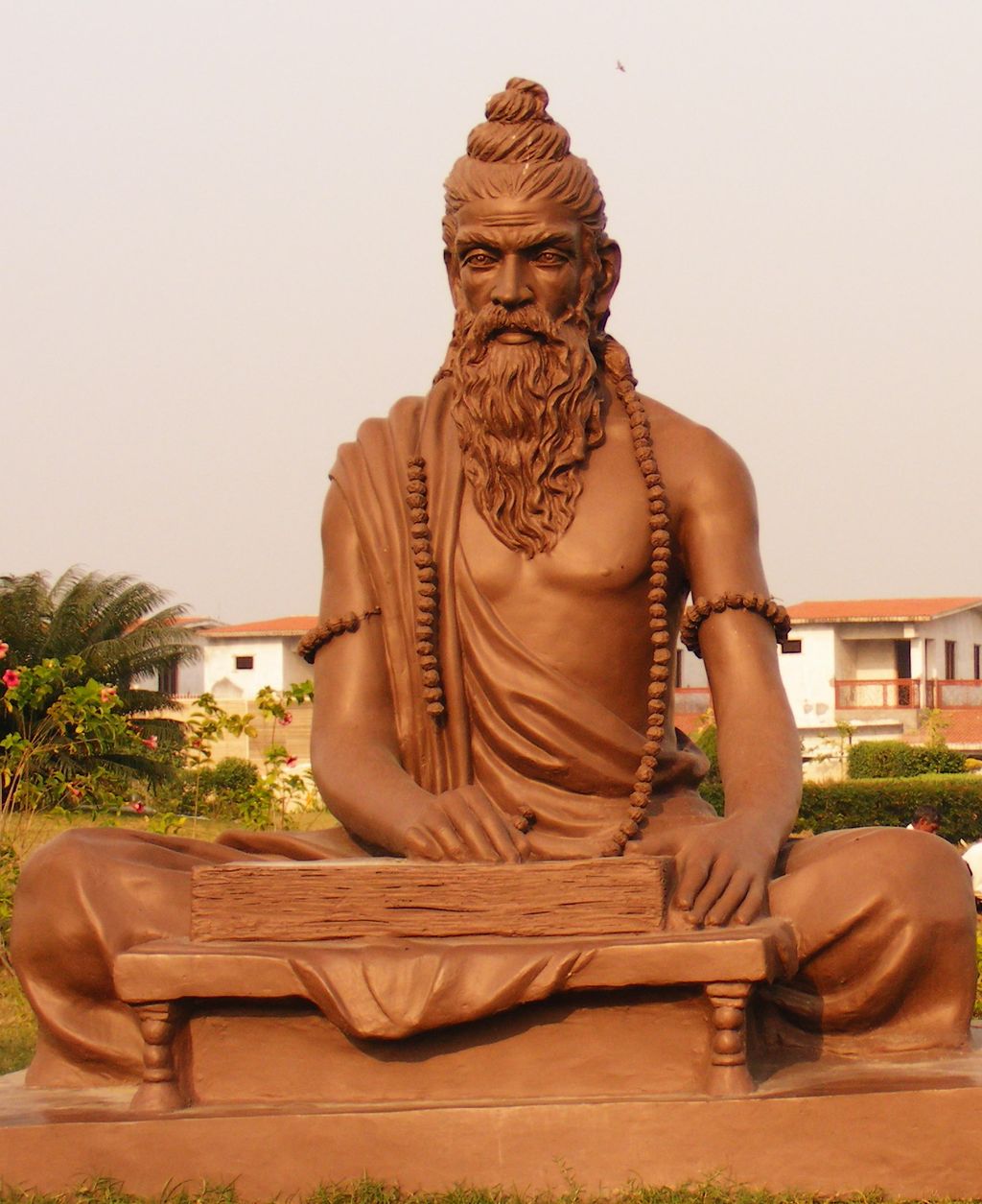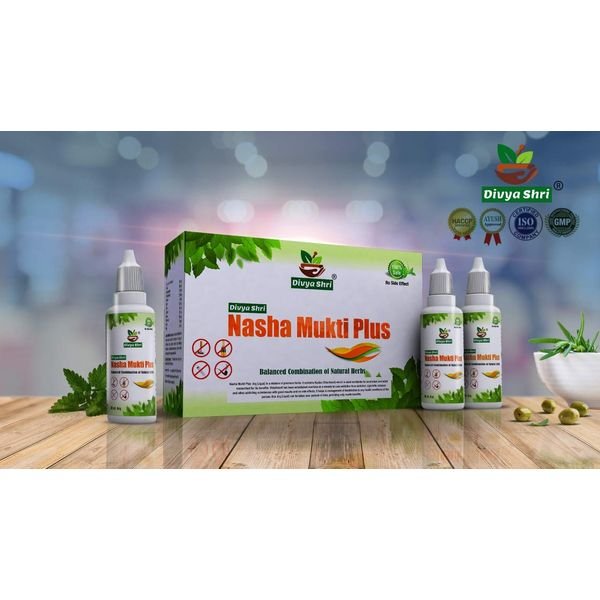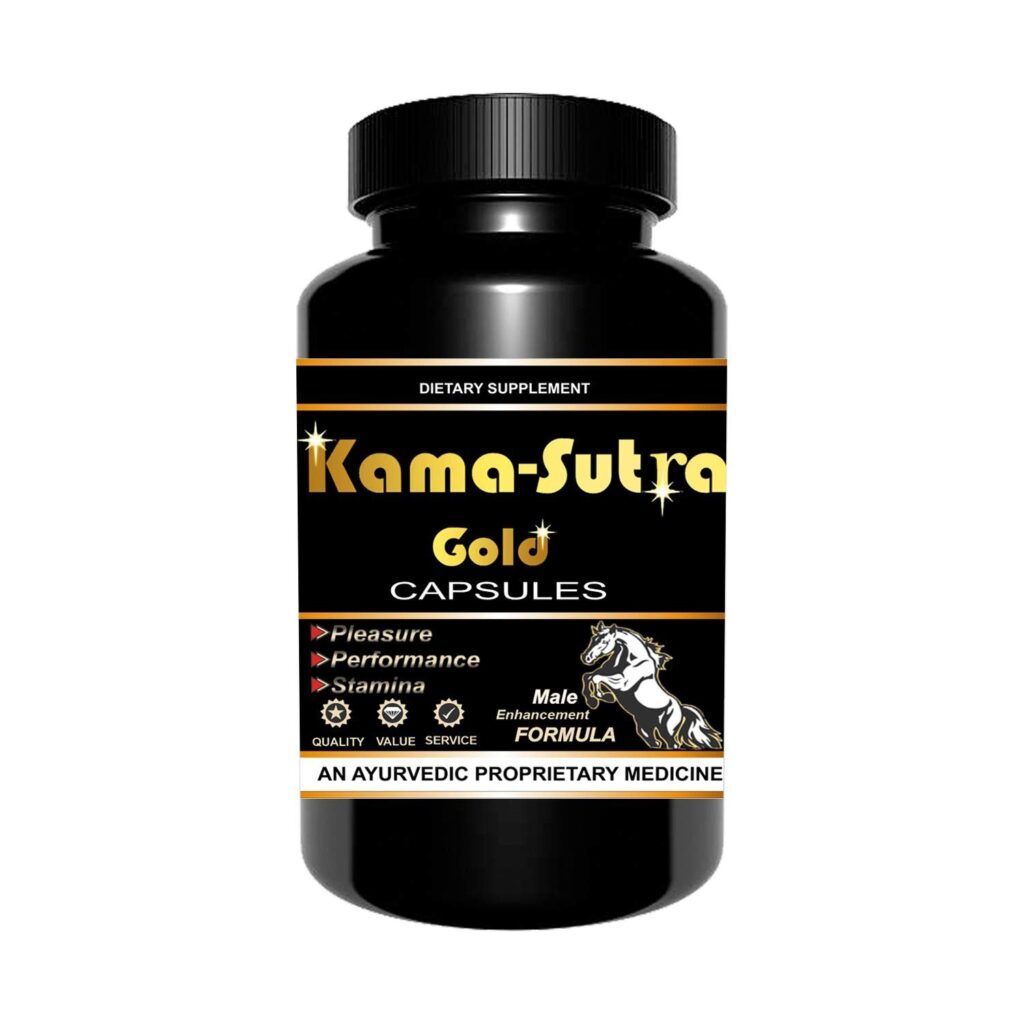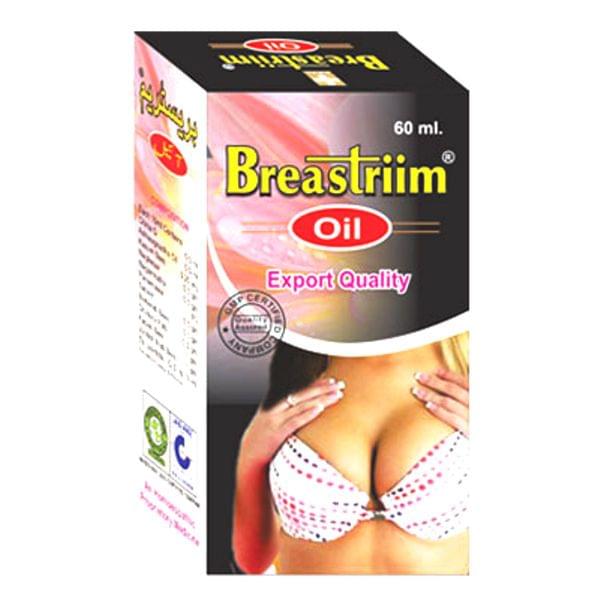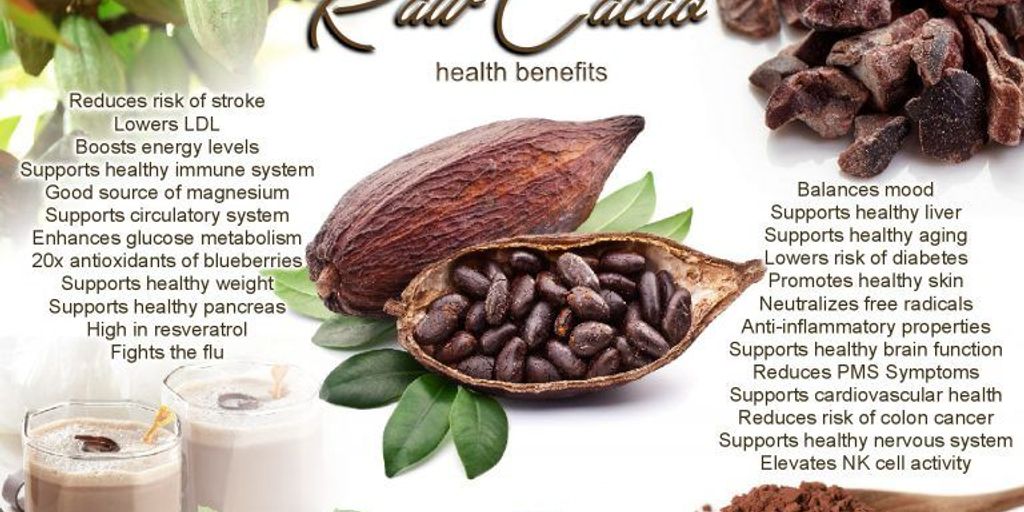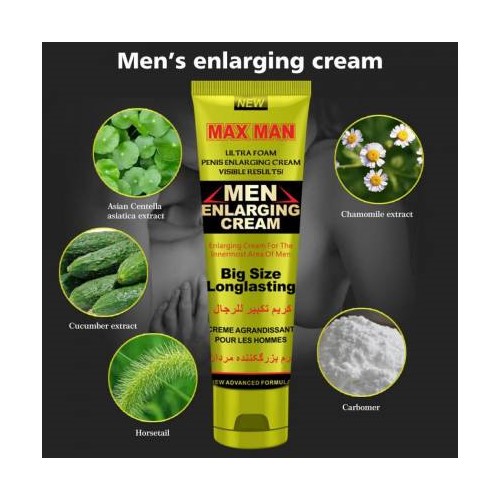Ayurveda, an ancient system of medicine originating from India, offers a holistic approach to treating prostate health. This article explores the historical context of Ayurvedic medicine, its principles, and its specific approach to addressing prostate issues. Additionally, it delves into herbal remedies, dietary and lifestyle recommendations, and the integration of Ayurveda with conventional medicine for prostate treatment.
Key Takeaways
- Ayurveda provides a holistic approach to prostate health, focusing on balancing the mind, body, and spirit.
- Key Ayurvedic herbs such as Ashwagandha and Gokshura are effective in supporting prostate health.
- Dietary guidelines in Ayurveda emphasize the importance of balancing doshas for prostate health.
- Yoga and exercise play a significant role in maintaining prostate health according to Ayurvedic principles.
- The integration of Ayurvedic treatment with conventional medicine shows promise in enhancing prostate health outcomes.
Understanding Ayurveda for Prostate Treatment
History of Ayurvedic Medicine
The history of Ayurvedic medicine dates back to ancient India, with roots in the Vedic texts. It is a holistic system of medicine that has evolved over thousands of years. Ayurveda emphasizes the balance of mind, body, and spirit, and its principles are based on the concept of doshas. The three doshas—Vata, Pitta, and Kapha—play a significant role in Ayurvedic diagnosis and treatment.
| Dosha | Characteristics |
|---|---|
| Vata | Creative, Energetic, Expressive |
| Pitta | Intelligent, Focused, Determined |
| Kapha | Nurturing, Patient, Supportive |
- Understanding the doshas is essential for tailoring Ayurvedic treatments to individual needs.
Ayurvedic medicine has a rich history and continues to provide valuable insights into holistic health and wellness.
Principles of Ayurveda
Ayurveda is based on the fundamental principles of
Tridosha (Vata, Pitta, and Kapha) and Panchamahabhuta (Five Elements). The balance of these elements is crucial for maintaining optimal health. According to Ayurveda, each individual has a unique constitution, and the treatment approach is personalized. This personalized approach considers the individual’s dosha imbalance and aims to restore balance through herbal remedies, diet, and lifestyle modifications.
The holistic nature of Ayurveda emphasizes the interconnectedness of the mind, body, and spirit, and the importance of addressing the root cause of health issues rather than just the symptoms.
Here’s a table outlining the three doshas and their characteristics:
| Dosha | Characteristics |
|---|---|
| Vata | Dry, light, cold, rough, mobile |
| Pitta | Hot, sharp, intense, light, oily |
| Kapha | Heavy, slow, cool, oily, smooth |
Ayurvedic Approach to Prostate Health
Ayurveda takes a holistic approach to prostate health, focusing on balancing the doshas and promoting overall well-being. The treatment involves a combination of herbal remedies, dietary adjustments, and lifestyle modifications. According to Ayurvedic principles, maintaining a healthy prostate requires harmonizing the mind, body, and spirit. The table below outlines the key Ayurvedic herbs commonly used for prostate health:
| Herb Name | Benefits |
|---|---|
| Saw Palmetto | Supports prostate function and health |
| Gokshura | Promotes urinary tract health |
| Shatavari | Nourishes and supports reproductive system |
- Herbal treatments are administered in various forms such as teas, powders, or capsules.
- Safety and efficacy of these treatments are well-documented in Ayurvedic texts and traditional practices.
It is important to consult with a qualified Ayurvedic practitioner before starting any herbal treatment regimen.
Herbal Remedies for Prostate Health
Key Ayurvedic Herbs for Prostate
Key Ayurvedic Herbs for Prostate
Ayurveda offers a range of herbal remedies that are beneficial for prostate health. These include Tribulus, Saw Palmetto, and Ashwagandha. Here is a table showcasing the key herbs:
| Herb | Benefits |
|---|---|
| Tribulus | Supports urinary function |
| Saw Palmetto | Promotes prostate health |
| Ashwagandha | Enhances overall well-being |
In addition to these herbs, it is important to note that the safety and efficacy of herbal treatments vary. It is advisable to consult with an Ayurvedic practitioner before incorporating these remedies into your health regimen.
Preparation and Administration of Herbal Remedies
In Ayurveda, the preparation and administration of herbal remedies are highly specialized and individualized. Herbal formulations are tailored to the unique constitution and imbalances of each person. The table below outlines some common methods of herbal preparation and administration:
| Method | Description |
|---|---|
| Decoctions | Boiling herbs in water to extract medicinal properties |
| Powders | Grinding herbs into fine powders for consumption or topical application |
| Herbal Oils | Infusing herbs in oils for external application or internal consumption |
Additionally, the administration of herbal remedies involves precise dosages and timings, often guided by an Ayurvedic practitioner. It is important to consult a qualified Ayurvedic expert for personalized herbal treatment. As the ancient Ayurvedic proverb goes, "When diet is wrong, medicine is of no use; when diet is correct, medicine is of no need."
Safety and Efficacy of Herbal Treatments
Herbal treatments in Ayurveda are known for their safety and efficacy in treating prostate health. A combination of natural herbs and minerals are used to address the root cause of the condition. The table below highlights some key Ayurvedic herbs commonly used for prostate health.
| Herb Name | Benefits |
|---|---|
| Ashwagandha | Supports prostate function |
| Gokshura | Promotes urinary health |
| Shatavari | Balances hormonal health |
- It is important to consult an Ayurvedic practitioner for proper preparation and administration of herbal remedies.
- The safety and efficacy of herbal treatments are well-documented in Ayurvedic texts.
Ayurvedic herbs provide a holistic approach to prostate health, addressing both the physical and energetic imbalances within the body.
Diet and Lifestyle Recommendations
Balancing Doshas for Prostate Health
Balancing doshas is a key aspect of Ayurvedic treatment for prostate health. According to Ayurveda, maintaining a balance of the three doshas – Vata, Pitta, and Kapha – is essential for overall well-being. An imbalance in these doshas can lead to various health issues, including prostate problems. The table below outlines the characteristics of each dosha:
| Dosha | Characteristics |
|---|---|
| Vata | Dry, Light, Cold |
| Pitta | Hot, Sharp, Intense |
| Kapha | Heavy, Cold, Dull |
- Understanding the unique characteristics of each dosha is crucial for tailoring treatment plans to individual needs.
It is important to address any imbalances in the doshas to promote prostate health and overall well-being.
Dietary Guidelines for Prostate Health
In Ayurveda, dietary guidelines play a crucial role in maintaining prostate health. The table below outlines some key dietary recommendations for prostate health.
| Food Group | Recommendations |
|---|---|
| Fruits | Include pomegranate and watermelon in your diet. |
| Vegetables | Consume broccoli and carrots regularly. |
| Nuts and Seeds | Incorporate pumpkin seeds and flaxseeds into your meals. |
Additionally, it is important to consume warm, freshly prepared meals to support digestion and absorption of nutrients. Following these dietary guidelines, along with a balanced lifestyle, can greatly contribute to prostate health.
It is recommended to consult a qualified Ayurvedic practitioner before making significant changes to your diet or lifestyle.
Yoga and Exercise for Prostate Health
Yoga and exercise play a crucial role in maintaining prostate health. Regular physical activity and specific yoga poses can help improve blood circulation and reduce stress, which are beneficial for prostate function. Additionally, incorporating a balanced diet with prostate-friendly foods can further enhance the benefits of yoga and exercise. Here’s a simple table outlining some recommended yoga poses and exercises:
| Yoga Poses and Exercises | Benefits |
|---|---|
| Surya Namaskar | Increases flexibility and strength |
| Bhujangasana (Cobra Pose) | Stimulates abdominal organs and improves digestion |
| Walking | Improves blood flow and overall fitness |
- Engaging in these activities can help maintain a healthy prostate.
It’s important to consult with a qualified Ayurvedic practitioner before starting any new exercise or yoga regimen.
Conclusion
Effectiveness of Ayurvedic Treatment for Prostate
Ayurvedic treatment for prostate health has shown promising results in improving symptoms and overall well-being. The holistic approach of Ayurveda focuses on balancing the doshas, incorporating herbal remedies, and promoting a healthy lifestyle. A study conducted by Ayurvedic practitioners revealed that patients experienced reduced inflammation and improved urinary function after following an Ayurvedic regimen. Additionally, the integration of Ayurveda with conventional medicine has shown to enhance the overall effectiveness of treatment. Furthermore, ongoing research and developments in Ayurvedic medicine continue to expand the understanding of its potential in managing prostate health.
| Benefits of Ayurvedic Treatment for Prostate |
|---|
| – Reduced inflammation and discomfort |
| – Improved urinary function |
| – Enhanced overall well-being |
Ayurveda’s comprehensive approach to prostate health offers a promising alternative for individuals seeking natural and holistic solutions.
Integration of Ayurveda with Conventional Medicine
Ayurveda offers a holistic approach to health and wellness, and its integration with conventional medicine can provide comprehensive care for patients. By combining the strengths of both systems, patients can benefit from a synergistic approach that addresses physical, mental, and emotional aspects of health. This integration encourages a collaborative and patient-centered approach, emphasizing the importance of individualized care. The table below illustrates the key differences between Ayurveda and Conventional Medicine:
| Aspect | Ayurveda | Conventional Medicine |
|---|---|---|
| Approach to Health | Holistic, focusing on balance of mind, body, and soul | Reductionist, targeting specific symptoms and diseases |
| Treatment Philosophy | Natural remedies, lifestyle modifications | Pharmaceuticals, surgical interventions |
| View of Disease | Imbalance in bodily systems (Doshas) | Pathological changes, biochemical imbalances |
- Ayurveda emphasizes the role of diet, lifestyle, and herbal remedies in maintaining health and preventing disease.
The collaboration between Ayurveda and Conventional Medicine opens up new possibilities for comprehensive and personalized healthcare, offering patients a wider range of treatment options and promoting a more holistic approach to wellness.
Future Research and Developments
Ayurvedic treatment for prostate has shown promising results in improving prostate health. Further research is needed to explore the efficacy of Ayurvedic herbs and remedies in managing prostate conditions. Additionally, integration of Ayurveda with conventional medicine requires thorough investigation. The table below summarizes potential areas for future research and developments.
| Research Areas | Description |
|---|---|
| Ayurvedic Herb Efficacy | Investigate the efficacy of key Ayurvedic herbs |
| Integrative Medicine Studies | Explore the integration of Ayurveda with modern medicine |
- Conduct comprehensive studies on the safety and long-term effects of Ayurvedic treatments.
- Investigate the potential role of mind-body practices in prostate health maintenance.
Future research should focus on understanding the mechanisms of action and long-term effects of Ayurvedic treatments for prostate health.
Frequently Asked Questions
What is Ayurveda and how does it relate to prostate treatment?
Ayurveda is an ancient system of medicine that focuses on holistic healing and maintaining the balance of the body, mind, and spirit. It offers natural and personalized approaches to prostate health through herbal remedies, diet, and lifestyle recommendations.
Are herbal remedies safe and effective for prostate health?
Ayurvedic herbs have been used for centuries to support prostate health and have shown promising results. However, it’s important to consult with a qualified Ayurvedic practitioner to ensure the safety and efficacy of herbal treatments.
Can Ayurvedic diet and lifestyle recommendations improve prostate health?
Yes, Ayurvedic dietary guidelines and lifestyle recommendations aim to balance the doshas, improve digestion, and promote overall well-being, which can have a positive impact on prostate health.
How effective is Ayurvedic treatment for prostate compared to conventional medicine?
Ayurvedic treatment for prostate is known for its holistic and personalized approach, which may complement conventional medicine. The effectiveness of Ayurvedic treatment may vary for each individual and should be discussed with a healthcare provider.
Is it safe to integrate Ayurveda with conventional medicine for prostate treatment?
When done under the guidance of qualified practitioners, integrating Ayurveda with conventional medicine for prostate treatment can be safe and beneficial. It’s important to inform all healthcare providers about the treatments being used.
What are the future research and developments in Ayurvedic treatment for prostate?
Ongoing research and developments in Ayurvedic treatment for prostate aim to further understand the mechanisms of action of herbal remedies, validate their efficacy through clinical trials, and explore integrative approaches for improved prostate health.


